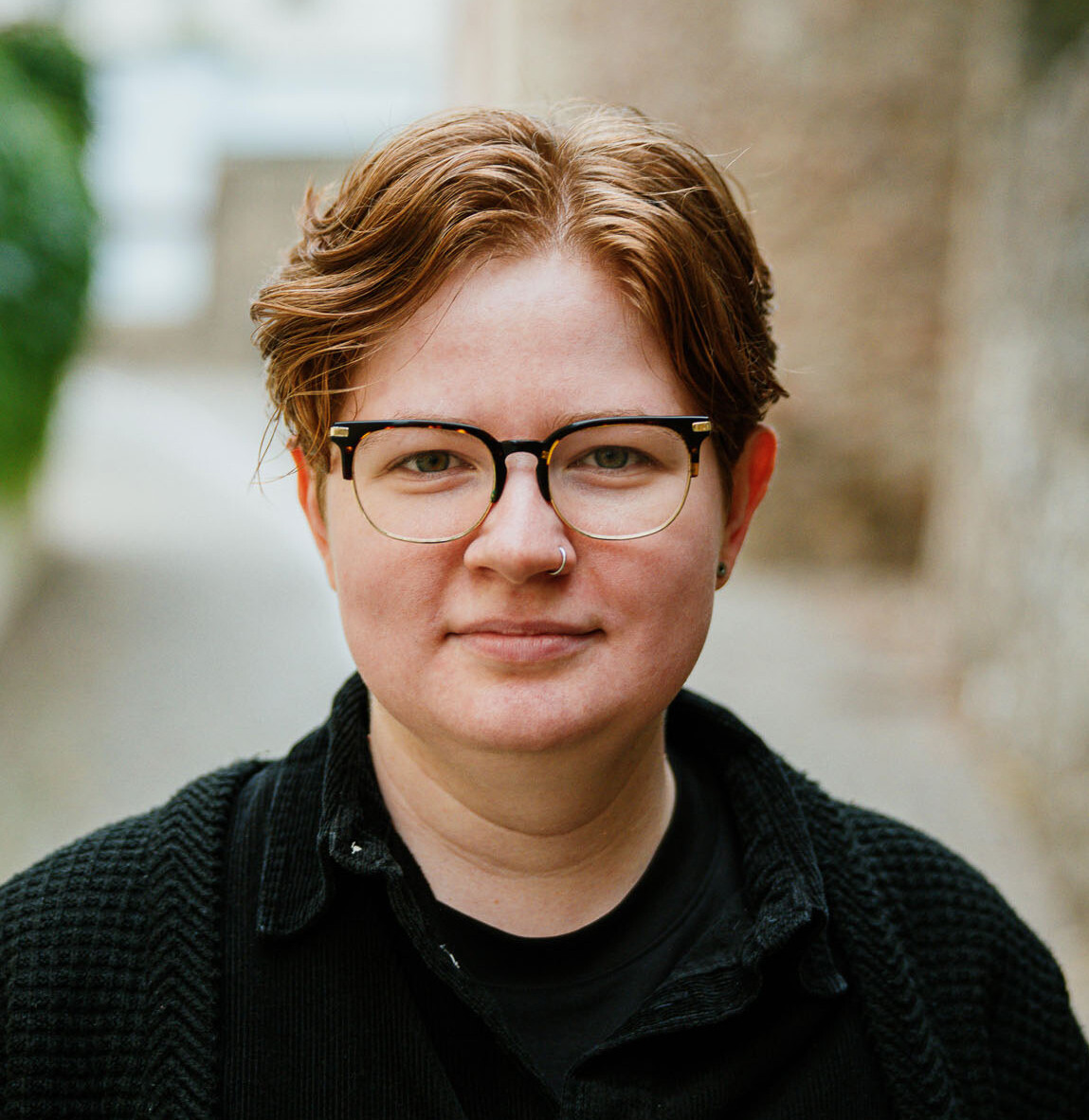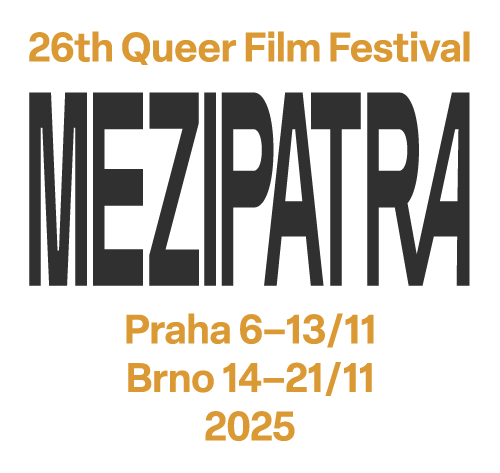Mezipatra Queer Film Festival kicks off in just a few days and features a truly diverse film program. If you’re not quite sure what you shouldn’t miss, check out the picks from members of the programming team: Vadim Kuskov, Matúš Slamka, Terezie Vítková, and Josef Klimeš.
Terezie Vítková recommends: the documentary Gen_ and a selection of varied short films
A medical office is such a confessional of diseases. If we are troubled by a fracture or a cold, there does not have to be anything terrible about the solution. But if the diagnosis is more complicated, that horrifying moment comes when we have to reveal our weak and fragile spots to a complete stranger. In such moments, I will always wish that sitting opposite me in the white coat is the protagonist of the film Gen_. Let yourself be inspired by the kind nature of an empathetic doctor and see for yourself how public healthcare can also work.
I am extremely happy this year about the selection of films in the short film block When Two Like Each Other. Each of them is completely different – in style, theme, and humor. From a biting sarcastic vision of a world with a strict ban on brushing teeth, to a playfully tender bird funeral, or a lyrical recollection of yesterday in an orchard with a mysterious girl. And at the same time, all the films share a certain inner belief that even in a hostile or inhospitable environment, human closeness can be liberating. And if you haven’t yet had a film about saliva exchange on your bingo card, be sure to add it there! You won’t regret it.

Josef Klimeš recommends: a magic-realist story from Chile and a documentary about hormone therapy in the USA.
It is the year 1982 and in a mining town an unknown disease began to spread. That does not sound like the happiest plot, does it? And indeed it is not! However, Diego Céspedes in his debut The Mysterious Gaze of the Flamingo proves that even a tragic and raw story can be filmed with sensitivity, humor, and enough perspective. Not to mention that we are guided through the story not by one, but by five brave, entertaining, and unforgettable trans women.
Trans “depression” for the second time. This time, however, from contemporary USA, so that it can be as striking as possible. Under the Microscope, however, luckily does not belong among documentaries that send audiences home sad. Thanks to its urgency and convincing arguments, it will rather set you ablaze and convince you that hope really dies last. And the fact that the story takes place in America is ultimately irrelevant. Hope and anger at queerphobic politics come in handy for us here in the Czech Republic, too.

Matúš Slamka recommends: a sensitive depiction of teenage pedophilia and a block of bizarre short films
The German drama No Dogs Allowed won me over with its courage to tackle a difficult and for many controversial topic, and to handle it in a sensitive yet uncompromising way. The film may also surprise you by showing that pedophilia does not have to manifest only in adults, as the protagonist proves. It observes the main characters without passing judgment and thus provides the audience with an authentic insight into the lives of people fighting with their desires. It may not be easy to watch, but it brings an important message: let’s exchange automatic judgments for empathy and support.
As a lover of good bizarreness, I am very happy about the short film block we called Too Hot a Ride. The six short films bring a mix of live-action and animated works, original topics, and distinctive cinematic approaches. My favorite is definitely the Filipino short Water Frolics. A visually intoxicating allegory about the end of the world and human indifference offers a love story set in the background of a burning world and entertains as much as it fascinates. And I guarantee that after the animated short Carrots you will never look at vegetables the same way again. If next time at the grocery store you get attacked by lascivious thoughts, we certainly can’t be blamed.
Vadim Kuskov recommends: the reality of North Korean refugees and a short film block about families
One of my favorites this year is the film From North to South by director Joonha Park. The film tells the story of a North Korean refugee who starts a new life in Seoul. I like that the director decided to show and connect two rather closed minorities whose existence South Korean society often overlooks – the queer and refugee communities. I was struck by how the film communicates a simple and universal idea: a person is a social being, and just like the main character, we need to have our own social bubble in which we feel safe.
I also recommend going to the short film block We’ve Got It in the Family, which shows family relationships from different perspectives. You will see many great stories full of love, misunderstanding, humor, and pain. I am most looking forward to the personal documentary If You Want, Correct Me by director Hao Zhou, which closely shows various spiritual practices through which their family tried to “eliminate” their queer identity. Some of the rituals gave me goosebumps, and I believe that the Mezipatra audience will appreciate this incredibly brave and painfully intimate film.


